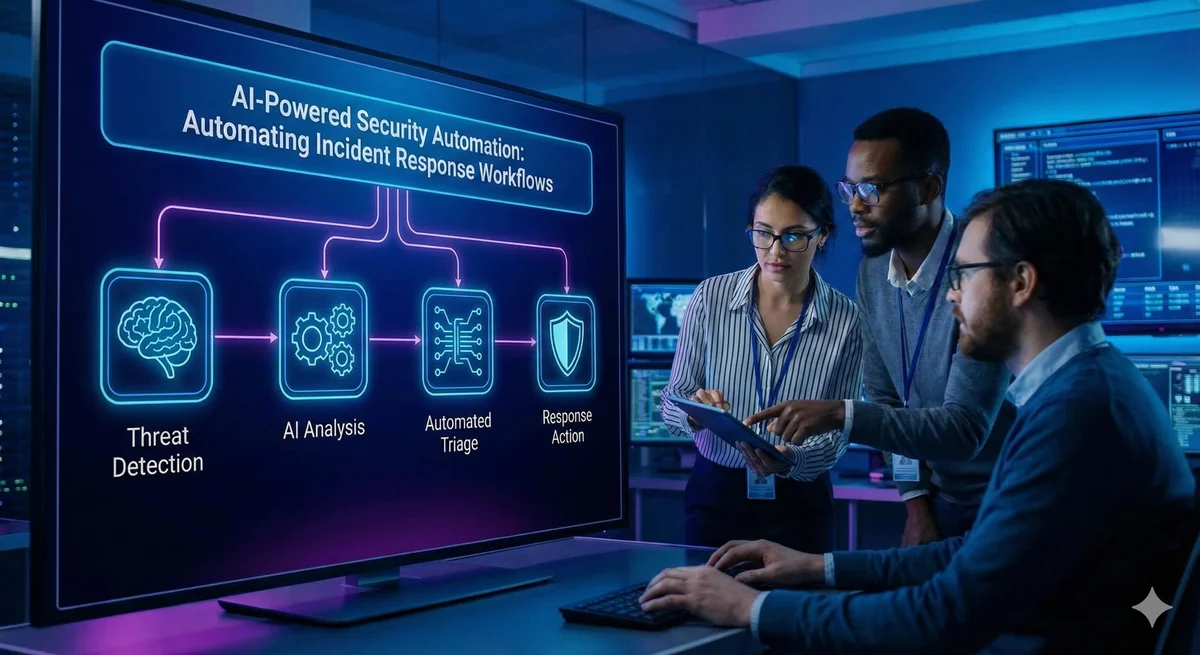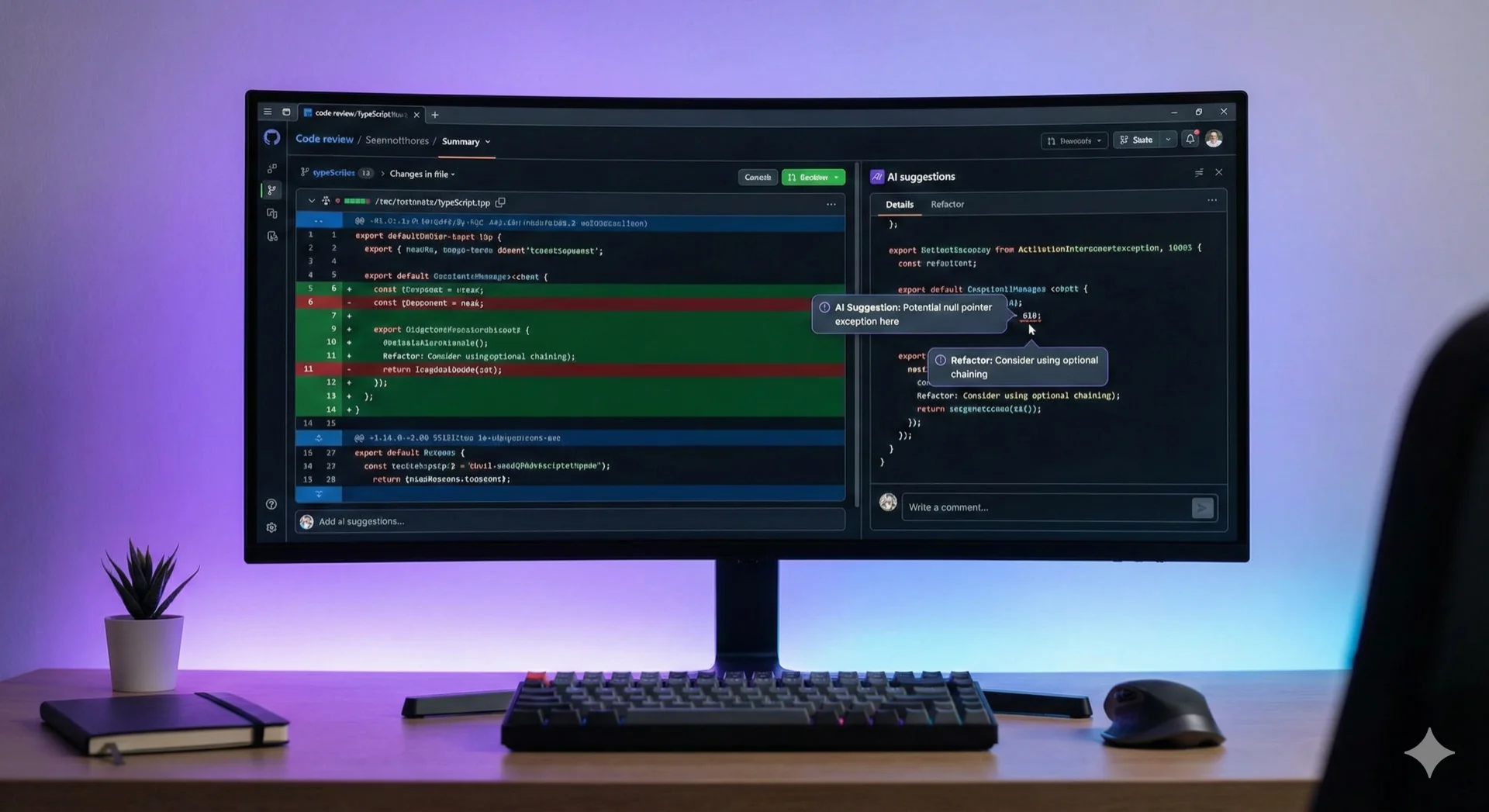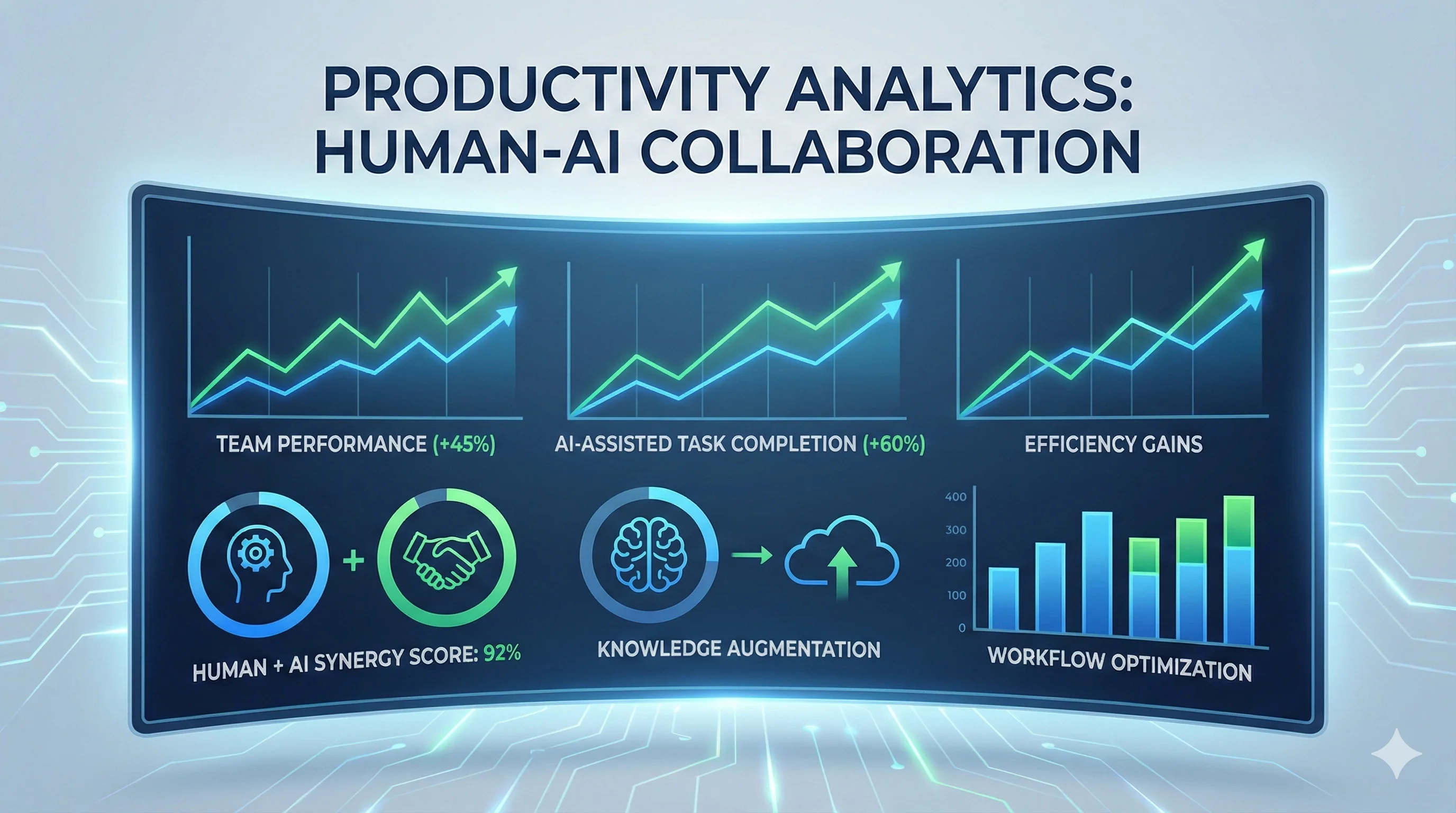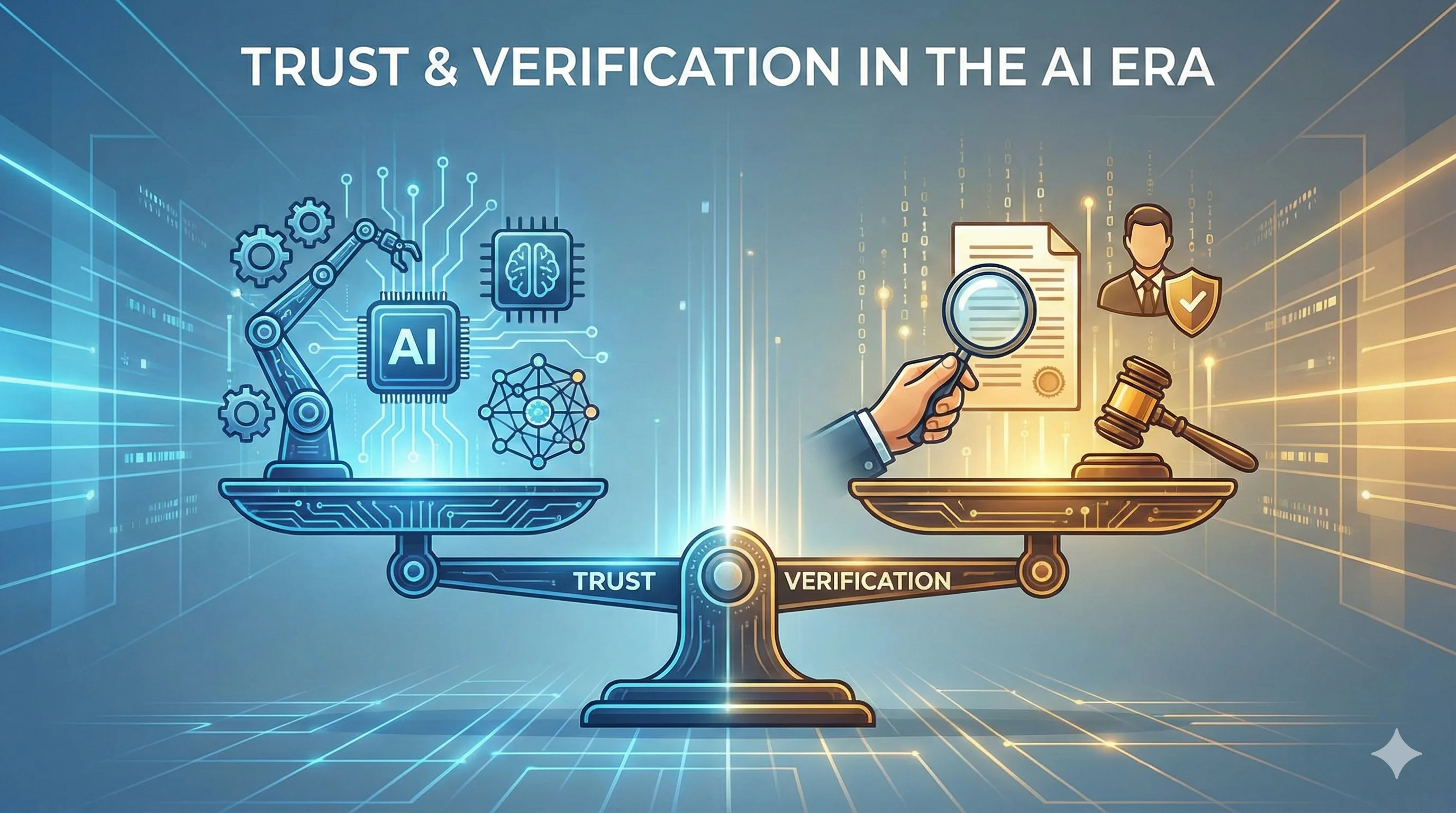
Using AI to Analyze Log Files for Security Threats
Note: This guide is based on technical research from security logging best practices, machine learning research papers, and analysis of open-source log analysis tools. The techniques described are technically sound and based on documented implementations in production security environments. Code examples use established Python libraries with verified package versions. Readers should adapt these approaches to their specific log formats and security requirements. Security teams drown in log data. A medium-sized enterprise generates terabytes of logs daily from firewalls, IDS/IPS, endpoints, applications, and cloud services. Traditional log analysis—grep, awk, and manual review—doesn’t scale to this volume. ...



